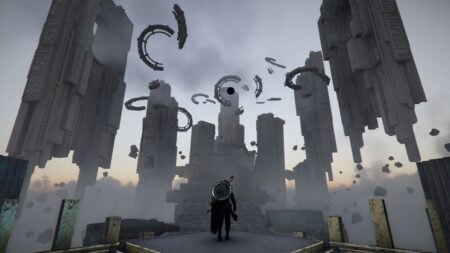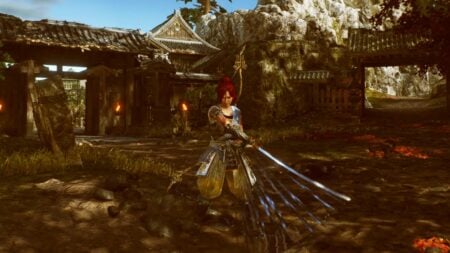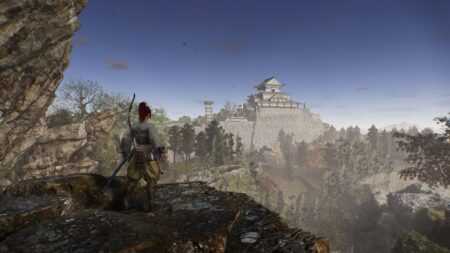First person shooters haven’t managed to really hold my attention in recent years. I still pick up each new entry in the Halo, Call of Duty, and Battlefield franchises, but none of them have wowed me. Last year Overwatch was announced, and it immediately caught my eye. The characters were colorful, each had their own unique abilities and feel, and the moment-to-moment gameplay was fast and dynamic. I still haven’t laid my hands on the title, but I am fascinated by it. Why is that? Because it is set to revolutionize FPS’ once again.
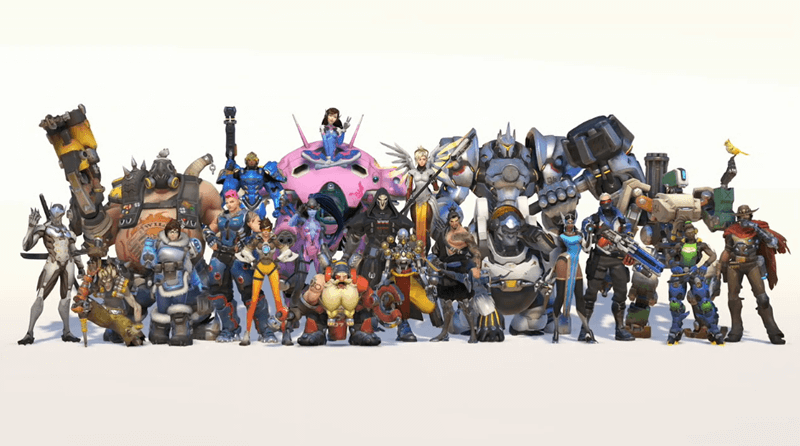
First person shooters have changed in recent years. It all started around the time that Titan Fall made its way onto
That same year, Call of Duty: Advanced Warfare burst onto store shelves. It was clear that very few shooters were going to restrict themselves to the ground, not when they could let everyone soar through the air. But when Overwatch was announced, it introduced a new brand of shooter: the hero shooter.
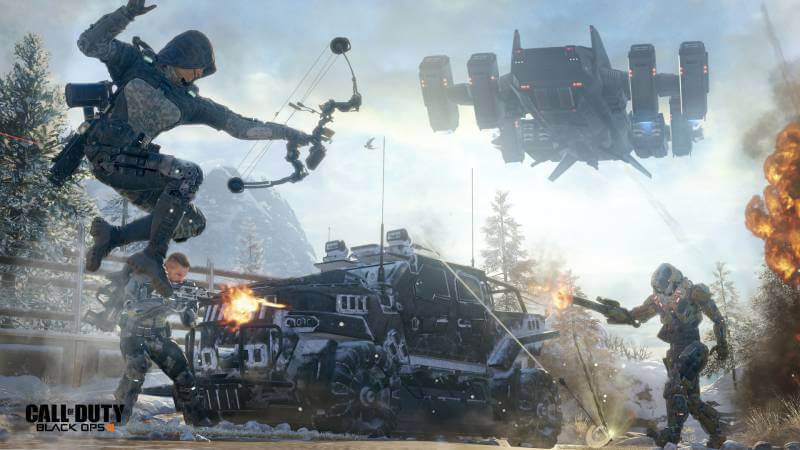
This new sub-genre is a fusion of two incredibly popular genres, specifically shooters and MOBAs. Players can choose from an array of characters and fulfill a role in pushing against their enemies and hopefully claim victory. Assuming a role through a character means that gameplay can be drastically different match to match. It also translates MOBA gameplay into the universally understood language of FPS’. The hero shooter still hasn’t truly taken off, but a lot of games have been announced in the budding genre. Overwatch is the game that is truly championing the hero shooter, and with Blizzard behind it, it’s all but guaranteed to be a hit.
As I said earlier, what immediately drew me to Overwatch were the characters. I had never played a Blizzard game before its announcement, but I was always fascinated by the worlds and lore they created for each of their franchises. Overwatch was initially introduced to the public with a gorgeous CG trailer that looked like Pixar had created it in-house. It was funny, heartwarming, had great action, and made me want to learn more about every person who got even a second of screen time. This was followed up by a trailer showcasing a handful of the games characters and their abilities. That same weekend at Blizzcon 2014 was the first time people got to play the game. Previews flooded the Internet and videos began to crop up on YouTube and sites across the web.
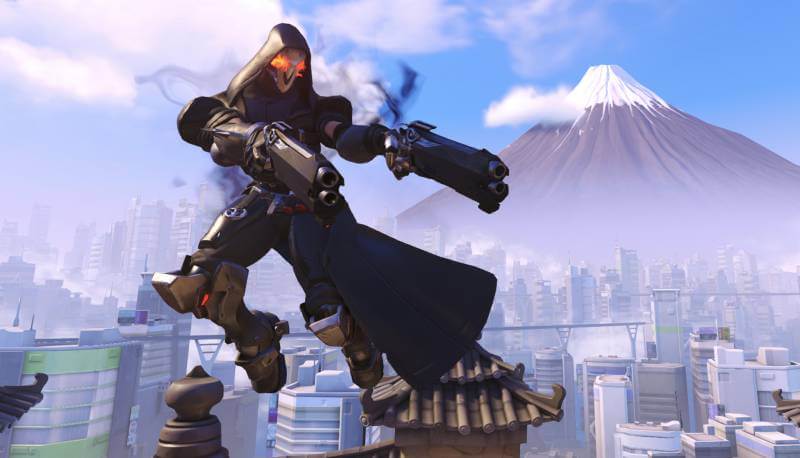
I must have watched those first two trailers, at least, five times a piece, and they never lost their luster. Tracer, the British pilot who could teleport around the field and fire two small sub machine guns immediately became my favorite character and I started to look for every piece of Overwatch coverage I could find. Around this time, other hero shooters made their debuts, and while Battleborn looked interesting and potentially groundbreaking, it didn’t have that spark that Overwatch did.
Overwatch also differentiated itself through its visuals. Most shooters were content with being gritty, dark and brooding, but Overwatch injected its insane action with a dose of colour. The characters and maps were bright and vibrant and had the look of an animated film. It was something distinctly different that lodged itself in my brain and never fell out.
The more I’ve seen of Overwatch’s gameplay, the more onboard I am. It’s a shooter at heart, with a fast pace, tons of flashy moves, and a heavy focus on team dynamics. A balanced team has a character filling all the major roles like Tank, Support and Assault. Because each character falls into a category, every player has a distinct objective. One that is defined by the player they decide to roll into battle with. Because of this, players can have radically different matches every time; they just have to pick a different hero.
[embedyt] https://www.youtube.com/watch?v=dushZybUYnM[/embedyt]
[gap height=”15″]
This idea of a multiplayer game where every character has its own unique look and feel isn’t new. Fighting games, MMOs and strategy games all let players learn to use different fighters, races and armies. But doing this in a shooter is something that hasn’t been done much. The focus for a long time has been on letting everyone start out on even ground. This means giving everyone the same set of weapons to choose from, the same abilities, and the same restrictions. Overwatch’s vast array of characters also means that the game will take a lot longer to master. You may be able to memorize maps and learn how to coordinate with your team on a professional level, but you won’t be able to use every hero perfectly. This will take time and will solve the age-old problem that has plagued multiplayer games: getting burnt out on the repetitive gameplay. The multitude of heroes each present their own challenge, so if you’re really good with Tracer but you can’t get the hang of Widowmaker, then if you take her for a spin in a few rounds you’ll be able to approach the game in an entirely new way.
This will help the game break new ground. It may be taking the successes of other genres and transferring these proven techniques into a shooter, but it will certainly change the face of online, multiplayer shooters for years to come.


